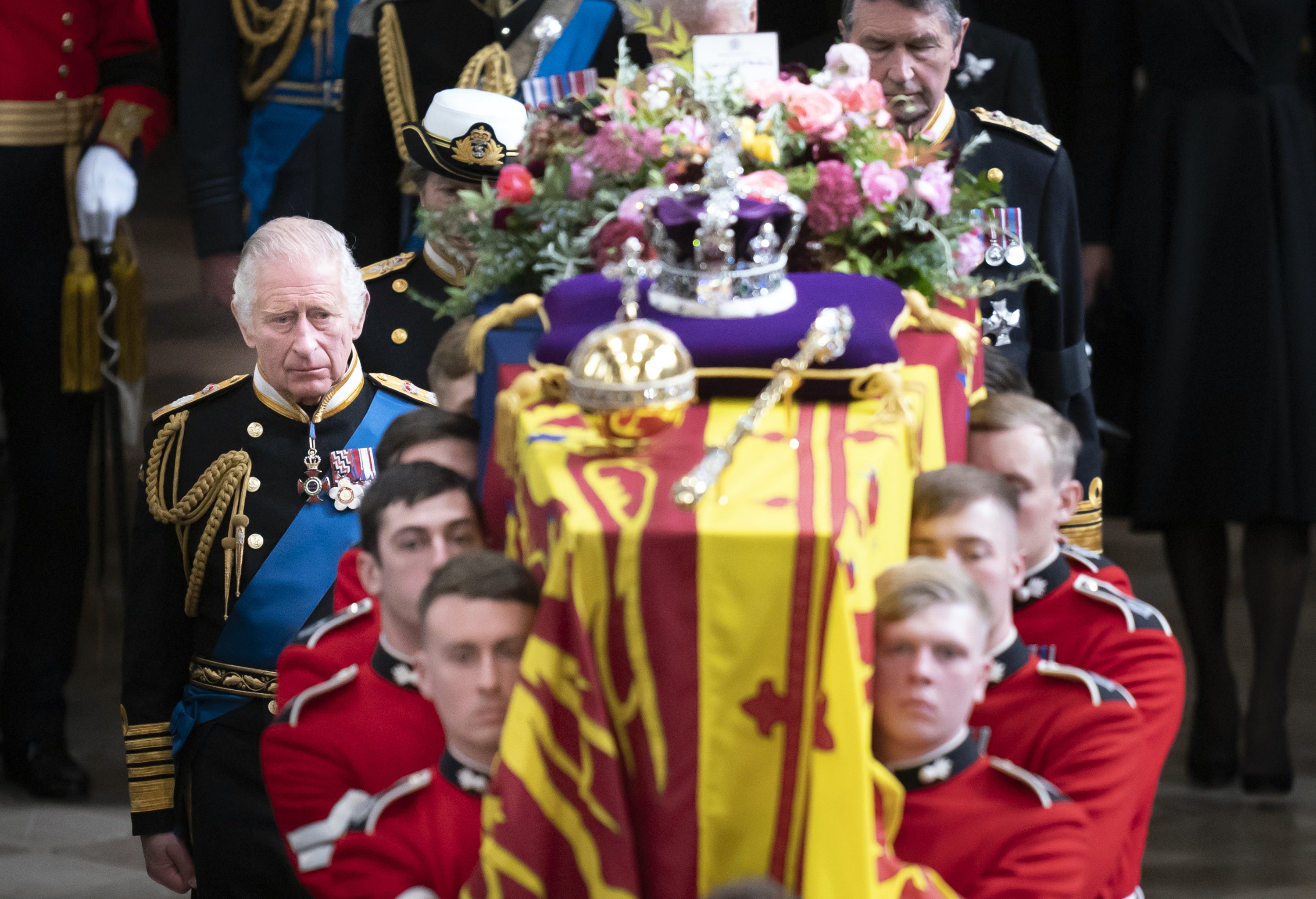Ditching monarchy would represent ‘a loss of identity’ to many Brits, argues new study
Brits believe Queen Elizabeth II represented ‘something of who we were’
Queen Elizabeth II’s death had a profound impact on national sentiment towards the monarchy, a study has claimed.
Academics from The Open University focused on individuals who participated in mourning events in Edinburgh and London following the monarch’s passing on 8 September, 2022.
During the ten-day mourning period that followed the longest-reigning monarch’s death, over 250,000 people queued to pay their respects in Westminster Hall.
An estimated one million attended the funeral procession. And around 29 million viewers in the UK and four billion worldwide watched the ceremonies unfold.
The study found that mourners often linked their national identity to the monarchy, claiming that the Queen “represented something of who we were”.
“We see mourners articulate a clear link between national identity and the Queen,” said the article. Researchers argued that the loss of the monarch would represent “a loss of British identity”.
The report added: “The monarchy is constituted as Britishness, and the loss of the monarch is a loss of Britishness [in ourselves as well as in the world]. You cannot have a future Britain without the preservation of the institution of monarchy.”

Researchers collected data from “122 participants in the context of 64 short interviews”. The findings, published in the British Journal of Social Psychology, suggest that mourners want to keep the monarchy as part of their identity.
They found that: “Throughout the data, what ‘hums’ in the backdrop of the discussion is the position that the monarchy should maintain its place in the future of the British nation.”
Researchers have compared this modern phenomenon and historical religious practices.
They said: “The significance of the event was evidenced by thousands and millions of mourners across the United Kingdom who participated in the national days of mourning in various ways.
“There are parallels that can be drawn between this modern phenomenon and a pre-modern one, pilgrimage.”
Dr. Sandra Obradović, a psychology lecturer at The Open University involved in the research, highlighted the unique nature of the crowds gathered at the time
She said: “When we think about crowds, we often think about the ‘disruptive’ one, the ones that come together to challenge the status quo.
“In this project, we had an opportunity to study a different kind of crowd, one that comes together to assert the status quo, something particularly important in a moment of rupture that opens a space for change.”
University academics from Keele, St Andrews, Heriott-Watt, Canterbury Christ Church, Sussex, Strathclyde, and Bath were also involved in the project.
Join our commenting forum
Join thought-provoking conversations, follow other Independent readers and see their replies
Comments
Bookmark popover
Removed from bookmarks